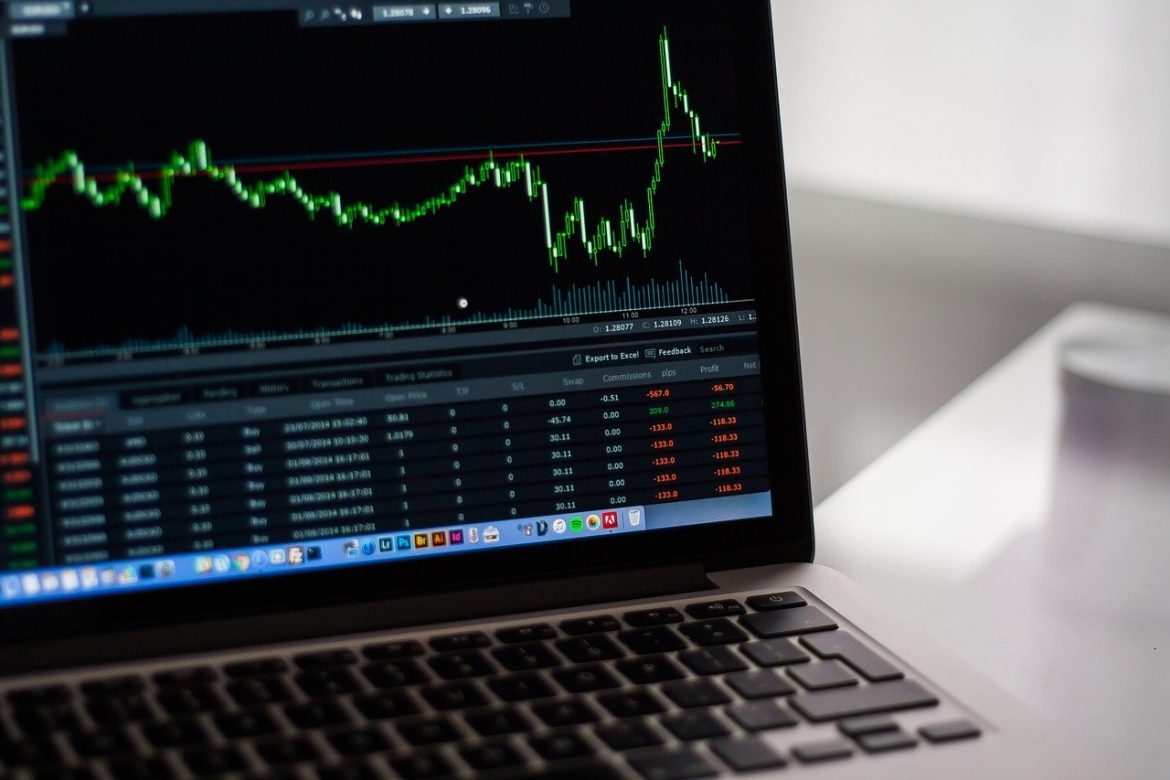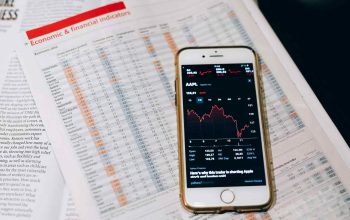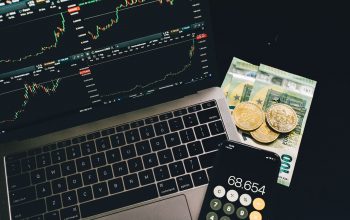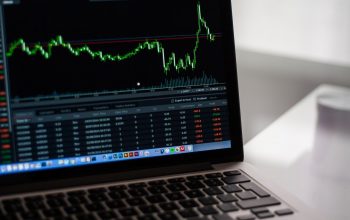Compared to other trading assets, stocks are the most liquid. They are easy to exchange for cash mainly because of the many people buying and selling them. A stock market becomes a liquid market when there are many buy and sell orders at varying rates. The stock market also becomes liquid when there are minimal costs of transactions and low price volatility.
Factors that positively affect stock liquidity are:
- Leverage
- Gross domestic product
- Interest rates
- Earnings per share
- Size of the company
Factors with a negative effect on stock liquidity are:
- Rate of inflation
- Return on assets
- Ratio of the market value per share to the book value per share
What Is Liquidity?
Liquidity is a term used in finance to describe how effortless it is to convert an asset into cash. It is also crucial for stock traders and investors to understand the concept of liquidity because it significantly impacts the price they will ultimately pay when investing in stocks or exchange-traded funds (ETFs).
Achieving high levels of liquidity happens when there is a substantial amount of trading activity and high supply and demand for an item. High liquidity makes it easier to locate a buyer or seller. An illiquid market or one with little liquidity is where only a few market participants are infrequently trading.
Understanding the value of a company’s liquid assets is critical since the company will usually require them to pay off any expenses or liabilities accrued. Stocks differ from one company to the next. Big company stocks are more liquid than stocks in the alternative market.
The reason is that more people will want to buy and sell shares in the larger companies than they would want to do in the smaller entities. It is also worth noting that stock liquidity changes with time. Some factors such as a market crash can have an adverse effect stock market, thus affecting liquidity.
In most instances, the effects are short-lived though some cases are on record for bearing long-lasting effects that sometimes lead to the company’s delisting from the stock exchange.
How Liquidity Affects Stock
In many instances, you will be dealing with a market maker when you are buying stock. Market makers are companies that provide the market with bid and ask spreads. Bid-ask spreads are essentially the rates the market makers are willing to buy or sell as shares in a company.
Normally the market marker companies set a lower price for buying the stock and a higher price for selling to maximize profits and safeguard themselves from setbacks such as losses.
The tighter the spread, the more liquid the stock is due to fast transacting speeds by the market makers. They also ensure that liquidating the stocks will not leave them in an undesirable stock position.
On the other hand, these companies may not always convert their stakes in stock with low liquidity. As a result, the spread will typically be larger, allowing the company to earn more money on every sale they make while also decreasing the risk they are carrying on by dealing in that particular stock.
What Liquidity Means For Stock Investors
Reduced liquidity typically results in investors receiving lower returns on their investment. On the other hand, increased liquidity leads to more returns for the investors. The change in buy-sell prices will be unnoticeable if you purchase shares with a tight spread. Additionally, this is an advantage to the investor because it becomes much easier to sell your shares at a profit when the spread is tighter.
Low liquidity can also result in orders failing to execute because no company will be willing to issue a favorable price at that period. Regrettably, for traders, these potential pitfalls do not go away easily. High Liquidity, low liquidity, and bid-ask spreads are all inherent characteristics of stock market investing. They are critical to consider while investing, especially in less liquid markets.
Long-term investors who diversify their holdings have far less to worry about regarding the bid-ask spread. They anticipate that their investment portfolio worth will increase over this time horizon, and the spread’s influence will diminish. On the other hand, there is a significant influence on day trading as traders frequently find their anticipated earnings eaten away by the spread.
Wrapping Up
A stockholder’s risk of receiving little or no return on their investment or losing part or all of their investment is scary. In an ambiguous investment environment, investors are looking for novel means of attaining their objectives. For stockholders to make educated choices, they should comprehend liquidity. Moreover, they also need to know how stock liquidity will influence their investment portfolio returns, and what they stand to gain.







